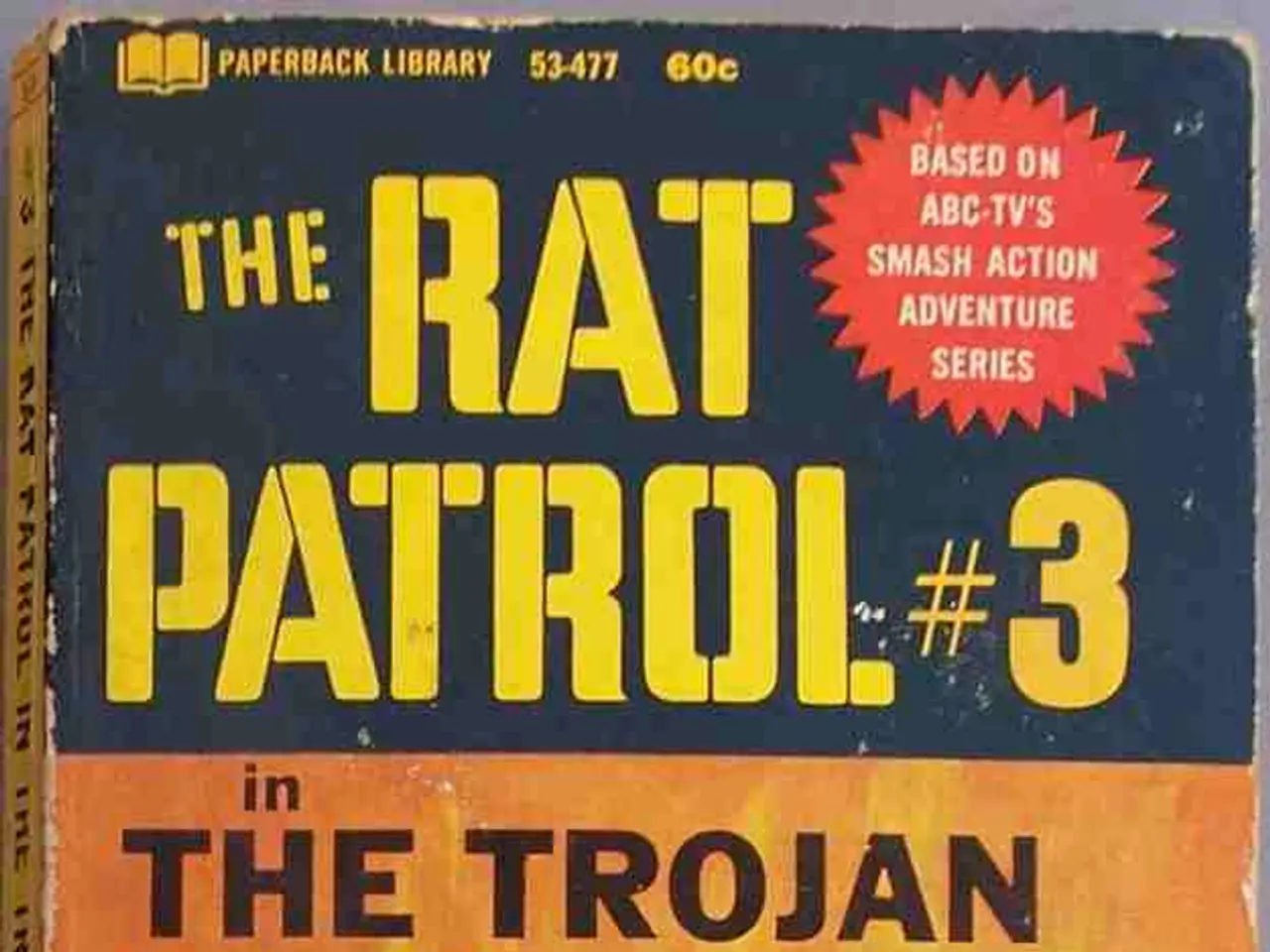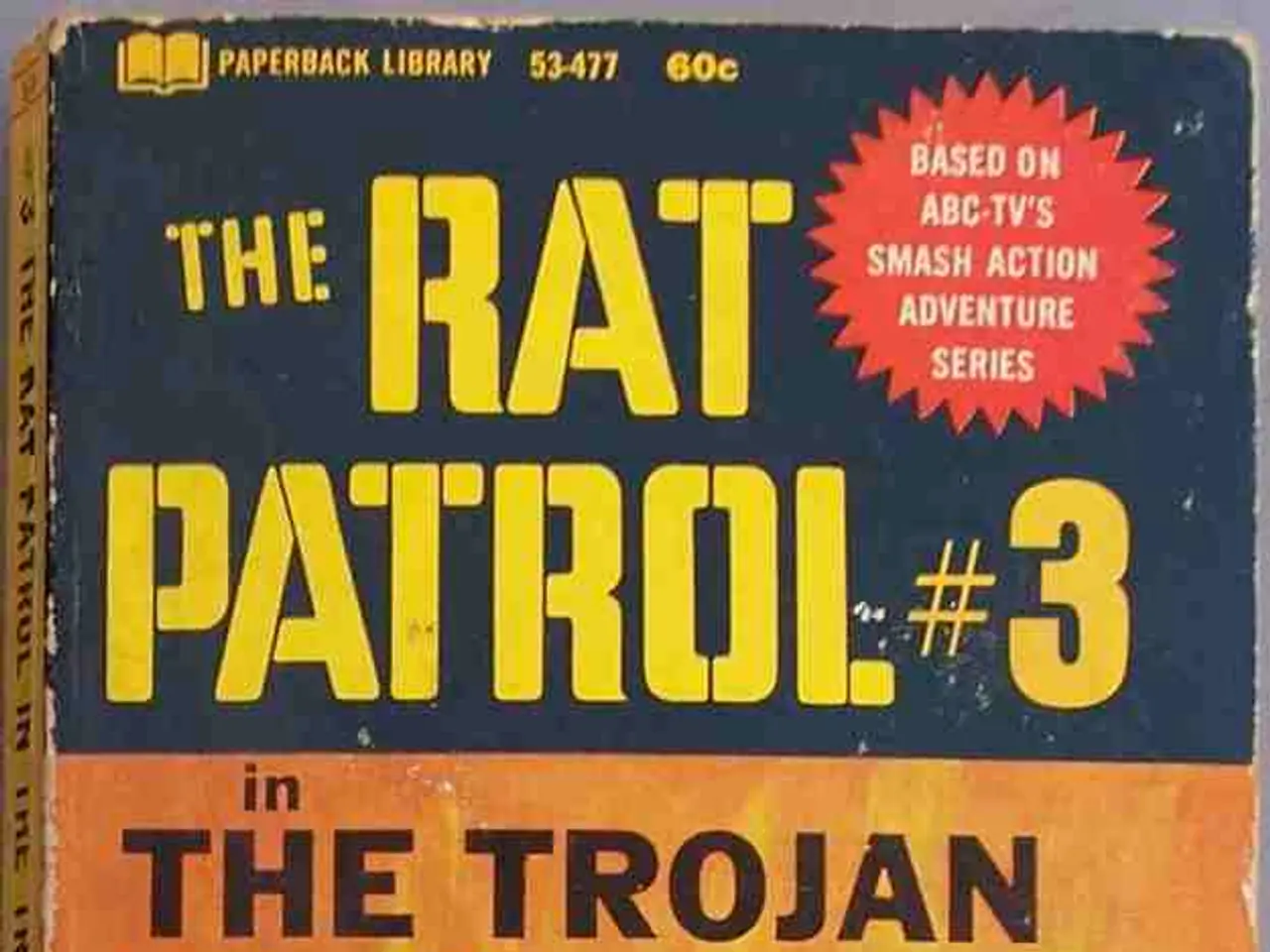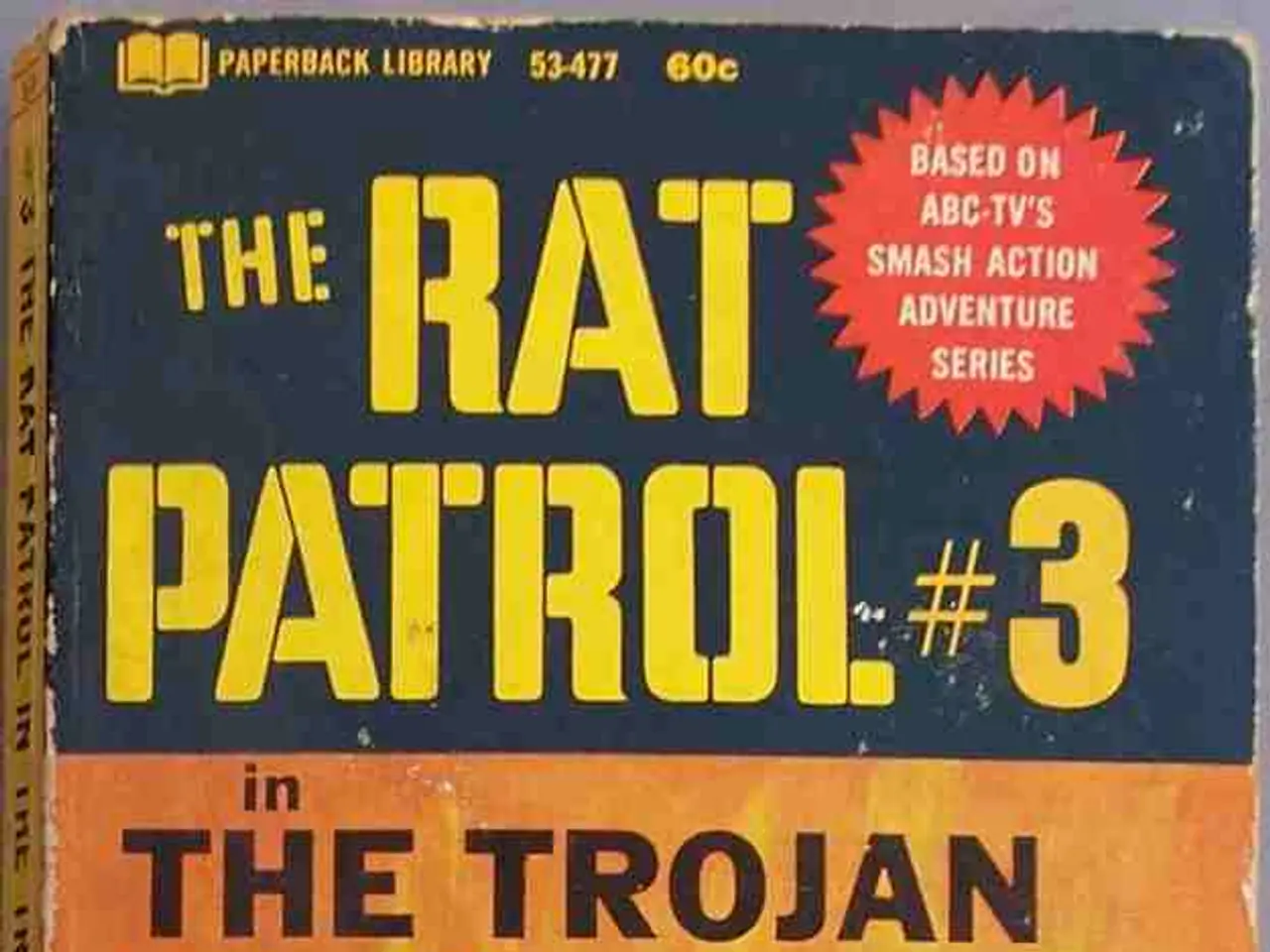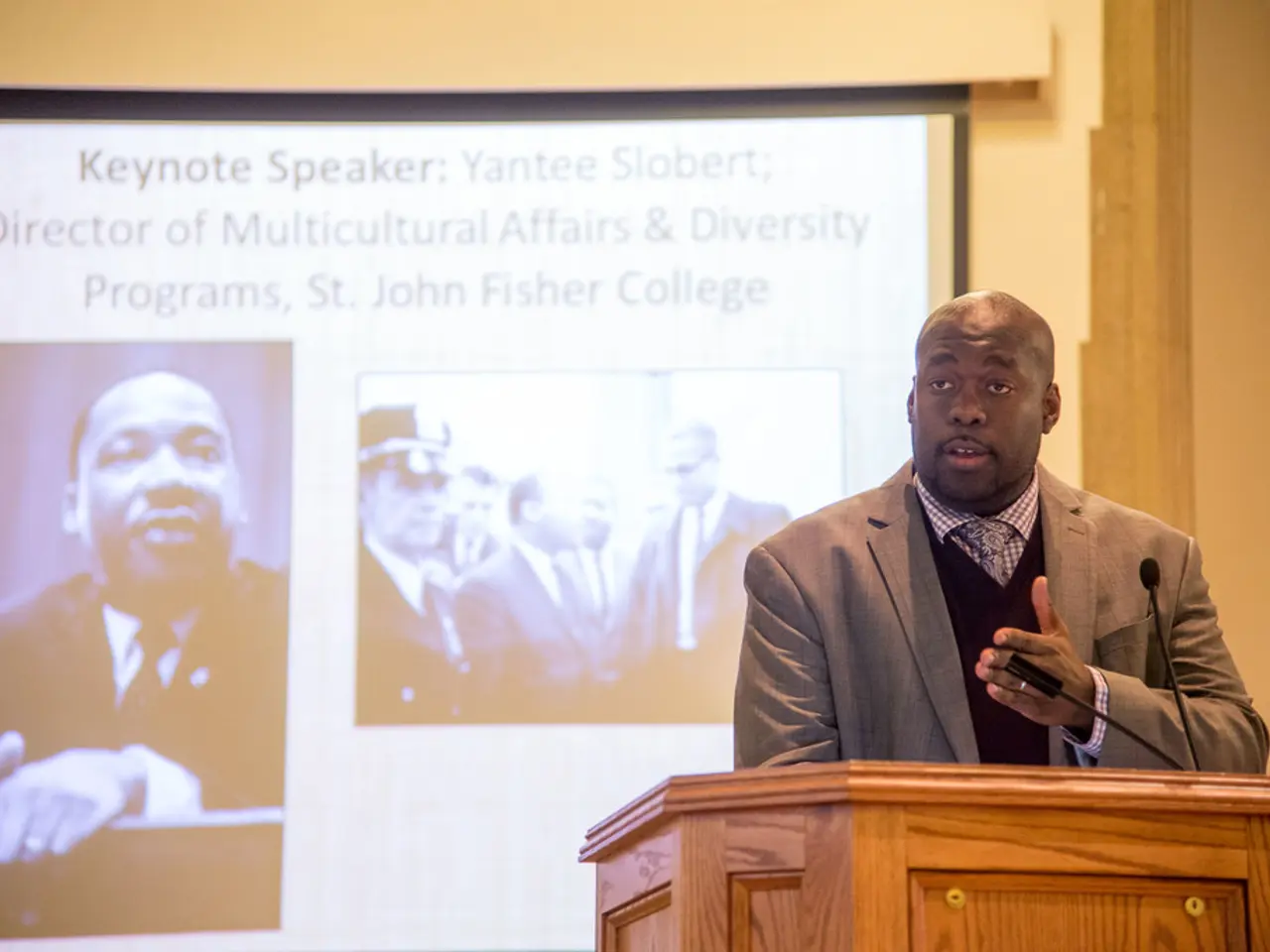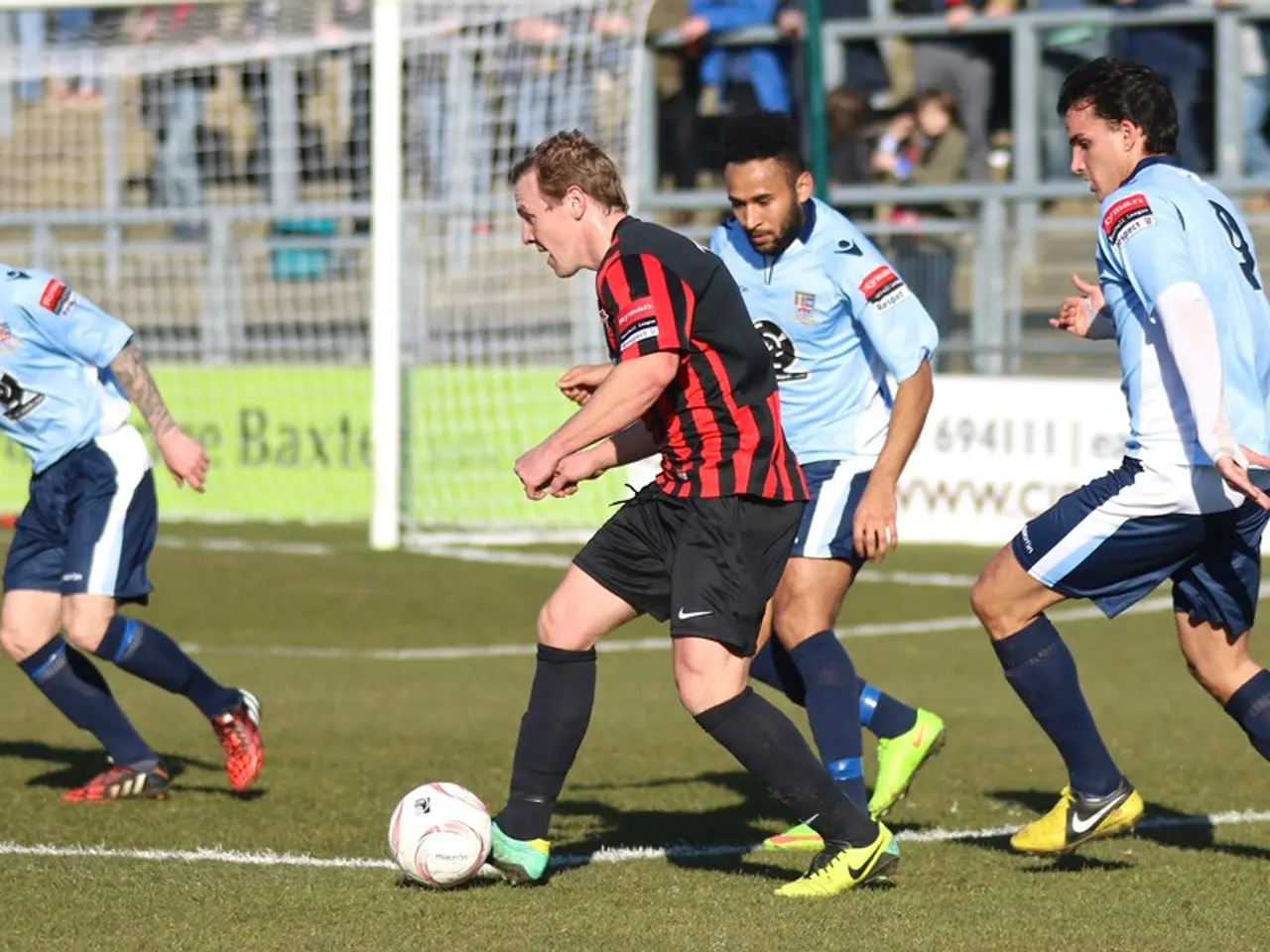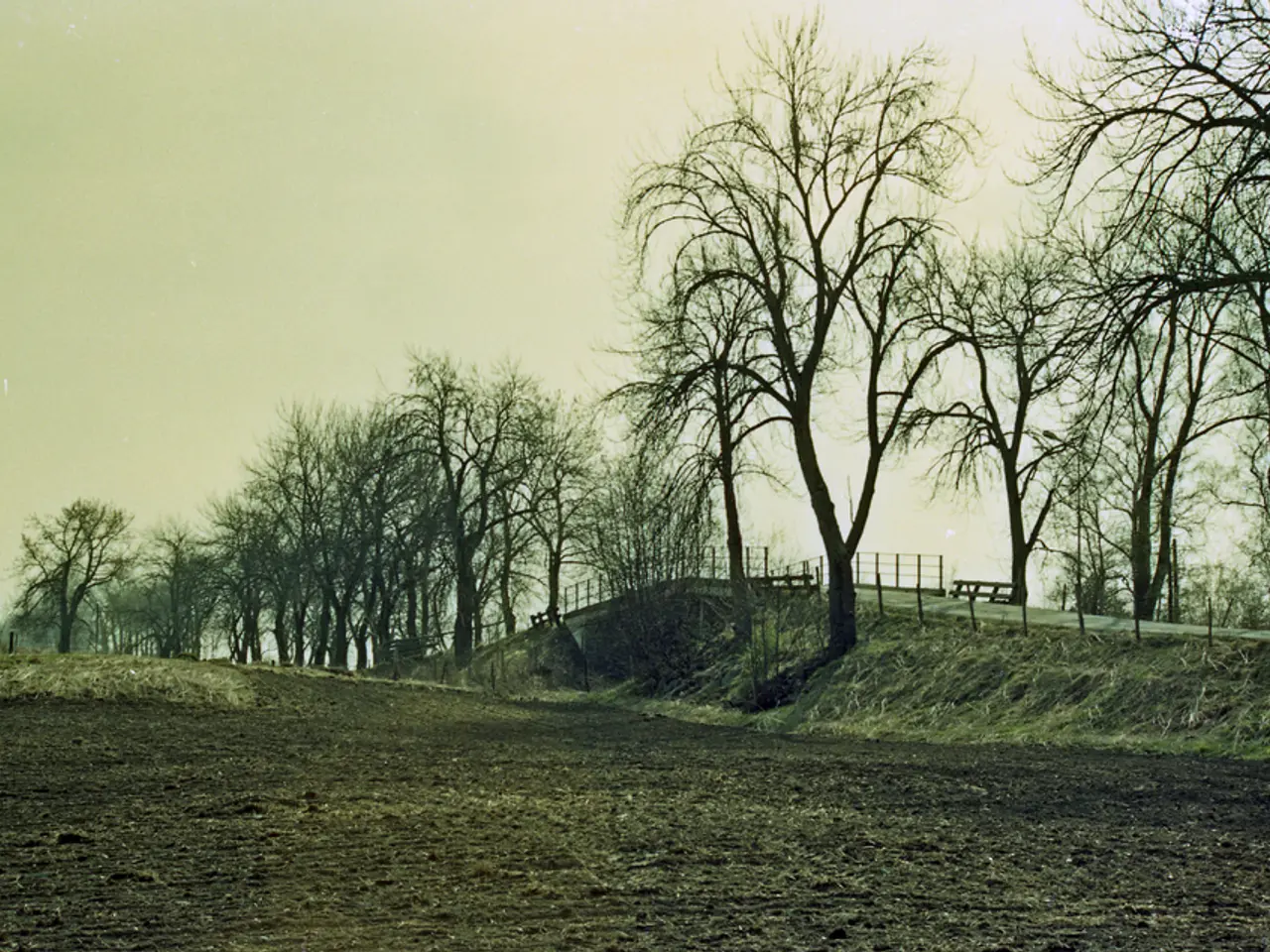Middle East Conflict Live Updates: +++ 03:56 Israeli President Defends PM Netanyahu's Actions
Israeli President Herzog dismisses allegations against Prime Minister Netanyahu
Facebook Twitter Whatsapp E-Mail Print Copy Link The Israeli President, Isaac Herzog, has robustly defended Prime Minister Benjamin Netanyahu's actions, stating, "The entire Israeli policy backs the government on this decision. I stand behind it fully," he told the Bild newspaper. Israel acknowledges "that Iran has reached the brink and was extremely close to a nuclear bomb," Herzog explained. Tehran has enriched uranium up to 60 percent. "There's no other reason for this except the development of weapons." According to Herzog, Israel is now eliminating this threat "before it explodes."
02:47 Hezbollah Warns 'Proportional Response' The Hezbollah militia, allied with Iran, will act "as needed" in the ongoing conflict between Iran and Israel, its leader Naim Kassem declared. The group is "not neutral" in the confrontation between the two adversarial nations, he asserted. US special envoy for Syria, Tom Barrack, had earlier cautioned Hezbollah against entering the battle between its primary supporter and Israel. "On behalf of President Trump, I can state that would be a very, very, very bad decision," Barrack, acting as the US ambassador to Turkey, stated during his first visit to Beirut, the Lebanese capital.
01:50 Iran Names New Intelligence Chief for Revolutionary Guards Iran has appointed a new intelligence chief for the Revolutionary Guards. The commander of the Islamic Revolutionary Guards Corps, Mohammad Pakpur, has appointed Brigadier General Majid Kadami as the new head of the intelligence department, the state news agency Irna reported. Previous intelligence chief, Mohammad Kasemi, along with two other intelligence officers, Hassan Mohaghegh and Mohsen Bagheri, was killed in an Israeli airstrike on Sunday. Pakpur himself was recently appointed as the new chief of the Iranian Revolutionary Guards after his predecessor, Hussein Salami, was killed in an Israeli airstrike on June 13. After his nomination, he threatened Israel with severe reprisals.
00:44 Iran Military: All Enriched Uranium Secured A commander from the Iranian Revolutionary Guards has disclosed that all highly enriched uranium has been safely shifted before the Israeli attack. "We had moved all materials away," former commander and Major General Mohsen Rezai stated in an interview. "All materials are now under our control," he emphasized. "Secondly: The scientists are under our control. Thirdly: The factories where we produced nuclear equipment still operate." According to Rezai, Iran's leadership anticipated the war as early as March.
23:24 U.S Clears Out Air Base in Qatar: 40 Military Jets Withdrawn As speculation mounts about possible US intervention in the conflict between Israel and Iran, the US has almost entirely cleared out an air base in Qatar within two weeks, as per satellite imagery. From the Al-Udeid base, nearly 40 military aircraft were withdrawn between June 5 and 19, an analysis of satellite imagery from Planet Labs PBC reveals. Three transport planes remain.
22:12 Satellite Image Confirms Hits on Chondab Reactor The Israeli air attack on the Iranian nuclear facilities at the Chondab site has caused severe damage to the heavy water reactor's concrete shell. High-resolution satellite images show clear signs of impact on the reactor dome. Buildings surrounding the immediate reactor area remained unaffected according to the images. It is reported that Israel had also targeted facilities responsible for heavy water production at Chondab, in addition to the reactor.
21:47 Israeli President Prazes German Chancellor for "Dirty Work" Remark Israeli President Jitzchak Herzog praises the German Chancellor Friedrich Merz. "I salute Friedrich Merz for his moral clarity and clear voice as he speaks the truth. We defend Europe, we defend the United States," Herzog tells the "Bild" newspaper. Herzog is reportedly referring to Merz's statement that Israel is performing "dirty work" for the West through its military assaults on Iran.
Middle East Crisis | Israel War | Iran Conflict | Iranian Nuclear Program | Global Politics
- Israel-Iran Conflict: The ongoing conflict between Israel and Iran is marked by Israeli airstrikes on Iranian military targets and Hezbollah positions, with Iranian-backed militias threatening retaliation.
- Tactics and Strategies: Israel focuses on disrupting Iran's nuclear program, confronting regional security institutions, and pressuring Iran's allies through military actions. Iran faces diminishing military and nuclear capacities, and Iranian-backed proxies step up as retaliatory forces while avoiding full-scale escalation.
- Clearing Out Military Bases: In response to increasing tensions, the U.S has started evacuating troops from bases in the Middle East, including a significant withdrawal of over 40 military aircraft from its airbase in Qatar within two weeks.
- Support: Germany and other European countries focus on diplomatic avenues for negotiation, while the US remains vigilant and engaged in the conflict, supporting their citizens' safe exit from the affected regions.
- Regional Impact: The conflict affects regional stability, causing potential redirected aggressions, strained relations, and political instability in the Middle East.
- In light of the ongoing crisis, the Israeli President, Isaac Herzog, emphasized political cooperation with other nations, stating, "We defend Europe, we defend the United States," as he praised the German Chancellor for his support.
- Amidst the escalating conflict between Israel and Iran, the Hezbollah militia, allied with Iran, cautiously asserted their readiness to respond proportionately, avowing, "We are not neutral in this confrontation."
